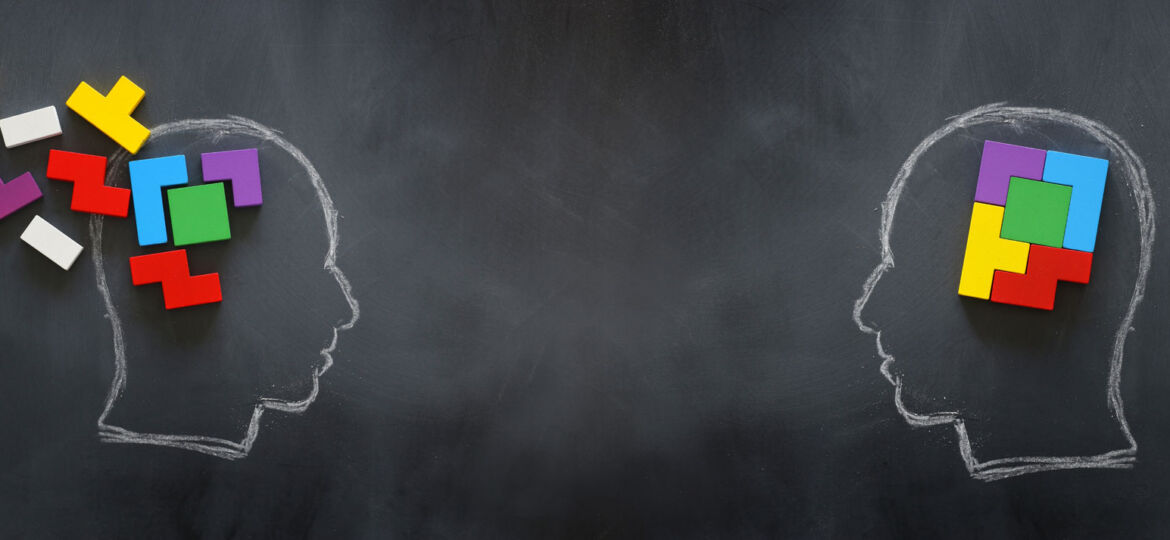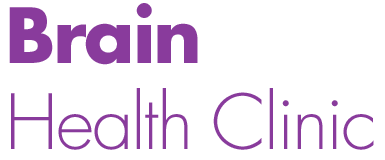
If the therapists at the Brain Health Clinic tell you your brain is plastic, please don’t get insulted. It’s actually a compliment! A plastic brain is a healthy brain! How is this the case and what does neurofeedback have to do with brain plasticity?
What is Brain Plasticity?
Plasticity is a term that describes the brain’s ability to change both its structure and function in response to the world around it. For example, plasticity explains how you learn to sing a new song just by hearing it on your car radio. Your brain needs to make new neural connections just to remember the song and perhaps even other connections to sing it. That process slightly changes the structure of your brain and it adds a whole new function — recognizing, memorizing and singing a new song.
Unfortunately, plasticity doesn’t just contribute positive changes to our brains. If we experience an emotional trauma, for instance, the memory of that trauma and the negative coping mechanisms we may develop to deal with it likewise alter our brain structure and function. Although no one complains about plasticity helping us to do things that make our life better and more enjoyable, we can all name certain habits, behaviors, or reactions to stimuli in our environment that we would like to change.
Countering Negative Impulses with Neurofeedback
A fairly recent paper on neurofeedback by professors at the University of California, San Diego, and Clemson University states that when it comes to brain plasticity “evidence suggests that it is possible to guide this process, suppressing changes that may lead to undesirable outcomes and promoting or enhancing those that provide a benefit to the subject or patient.” They also explain that an interesting aspect of neurofeedback is that it encourages “self-regulation of neural dynamics.” In other words, any changes in brain structure and function that result from neurofeedback are caused by the patient themselves, through their use of neurofeedback techniques.
At the Brain Health Clinic our therapists can provide you with a brain “map” that indicates how your brain reacts to specific stimuli. Using established principles of brain function combined with their understanding of human psychology, they then guide you through a series of sessions to use plasticity so that your brain works for you, not against you. These adjustments are both beneficial and potentially long-lasting.
To learn more about how brain plasticity is a good thing and how neurofeedback can help you take advantage of it, contact us by phone or online to arrange a free initial consultation.
